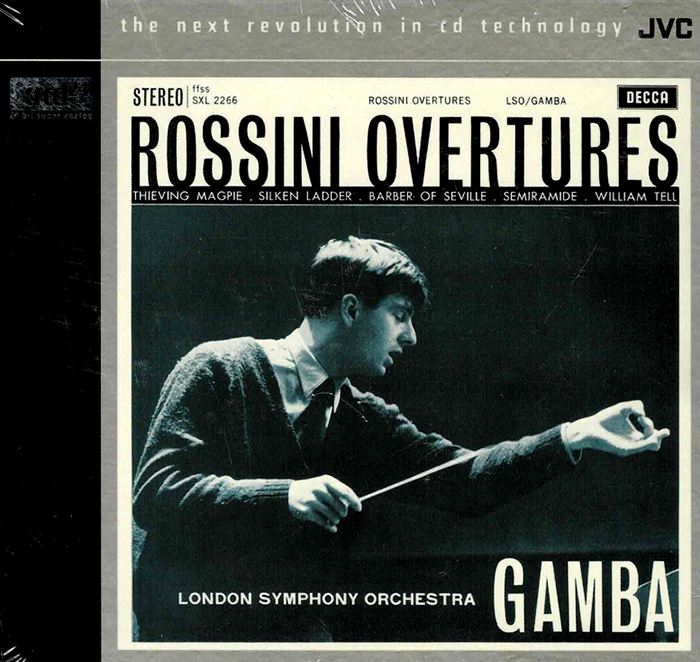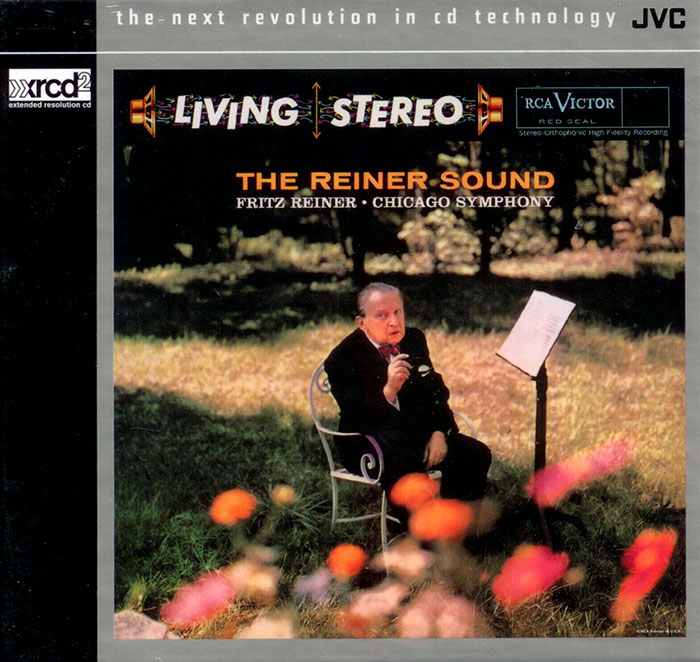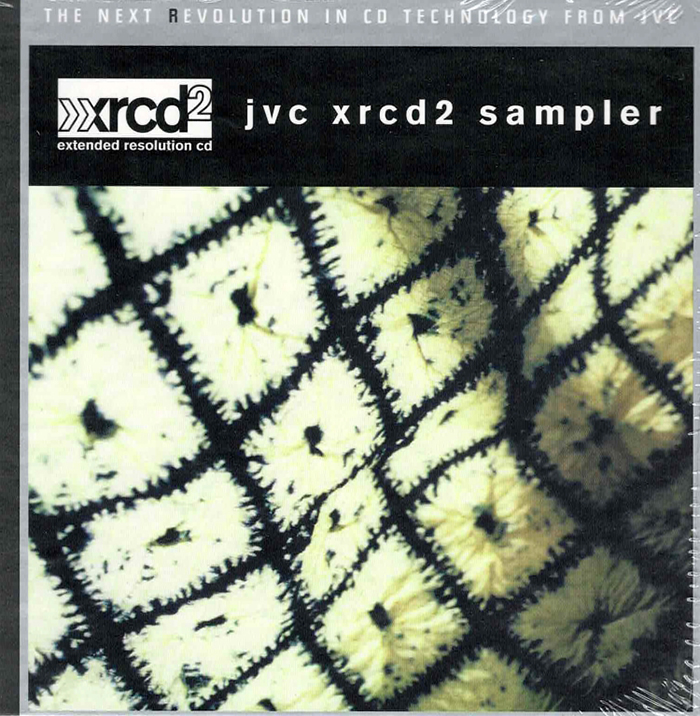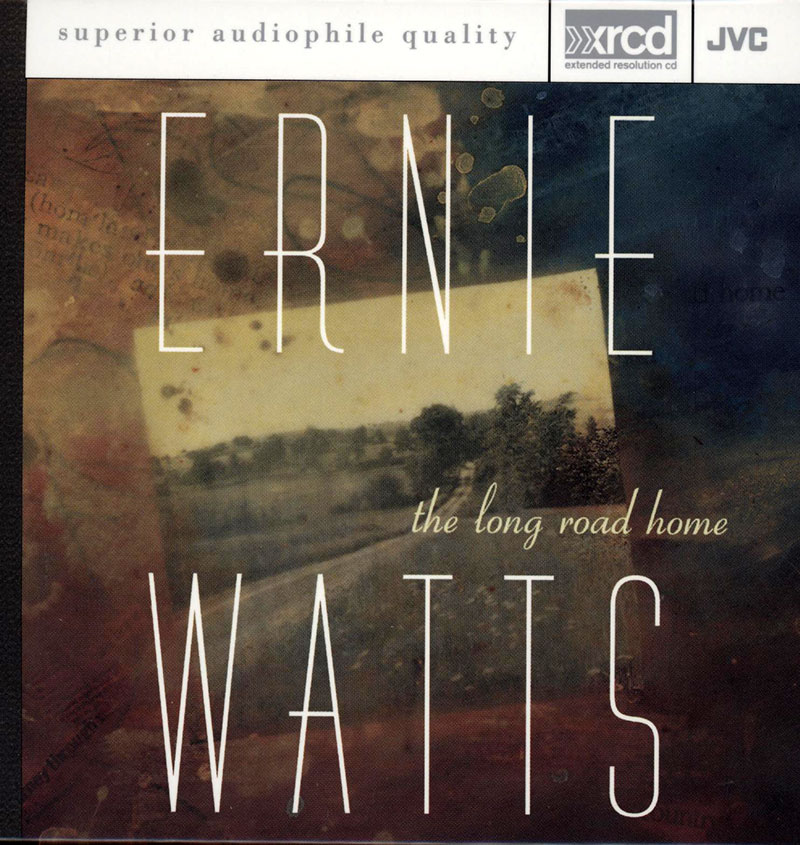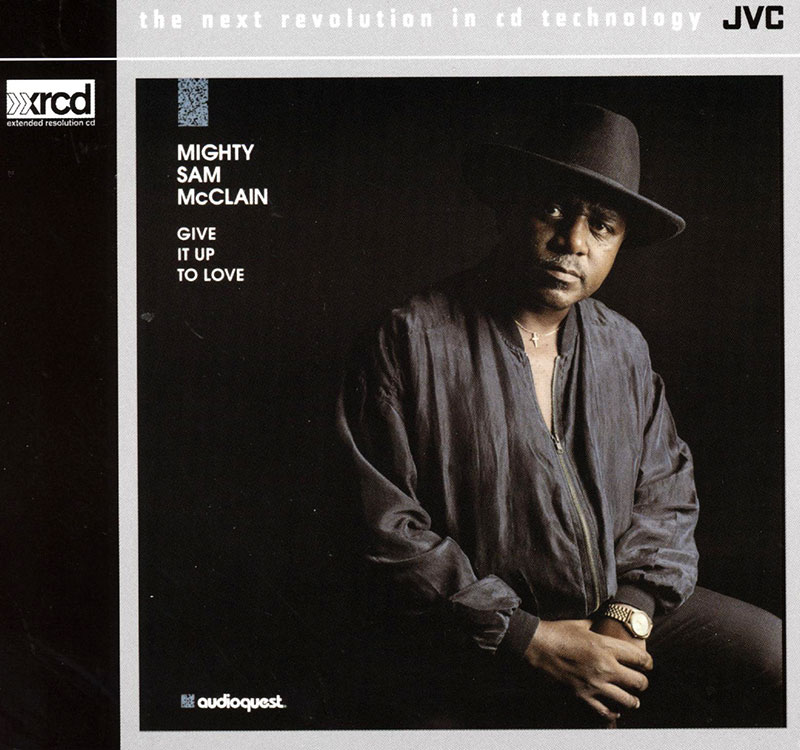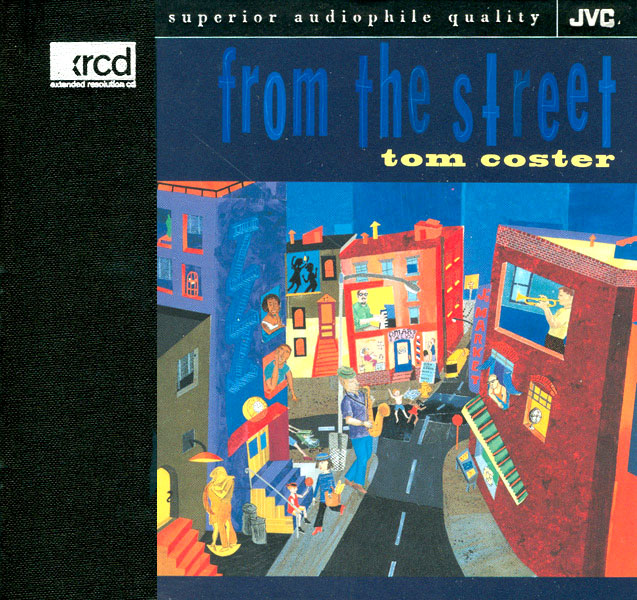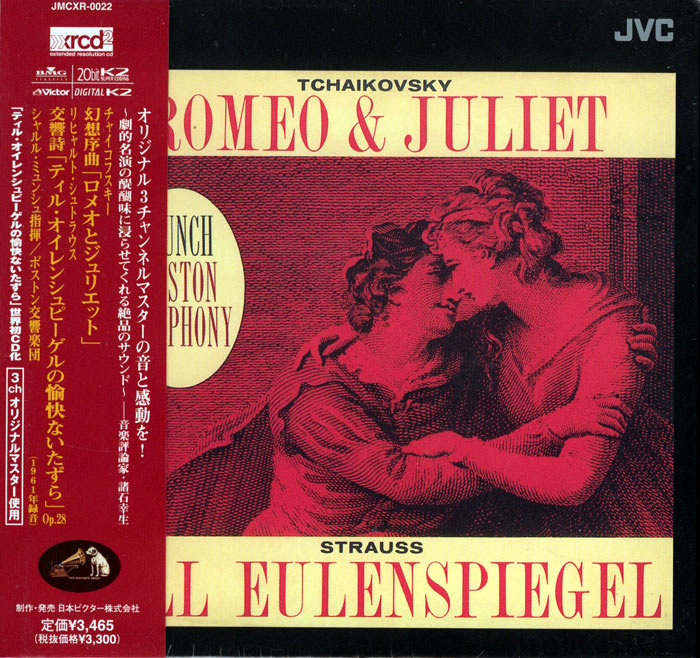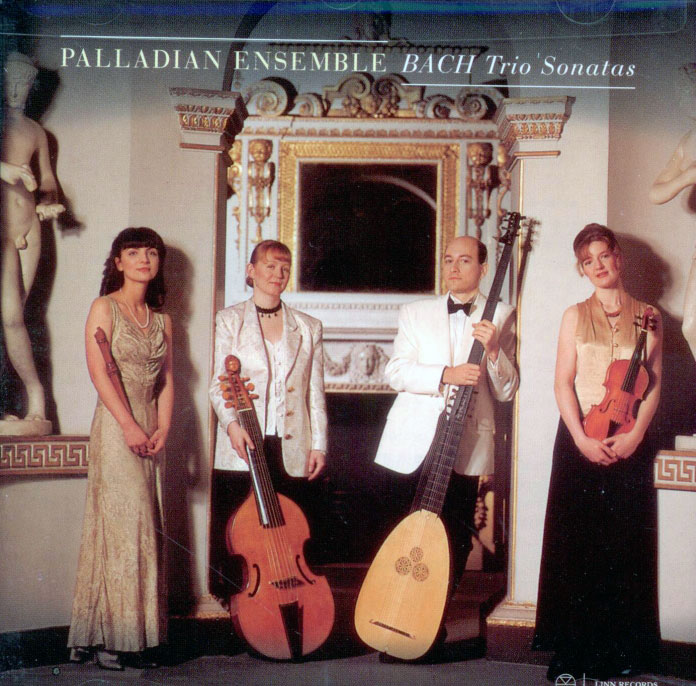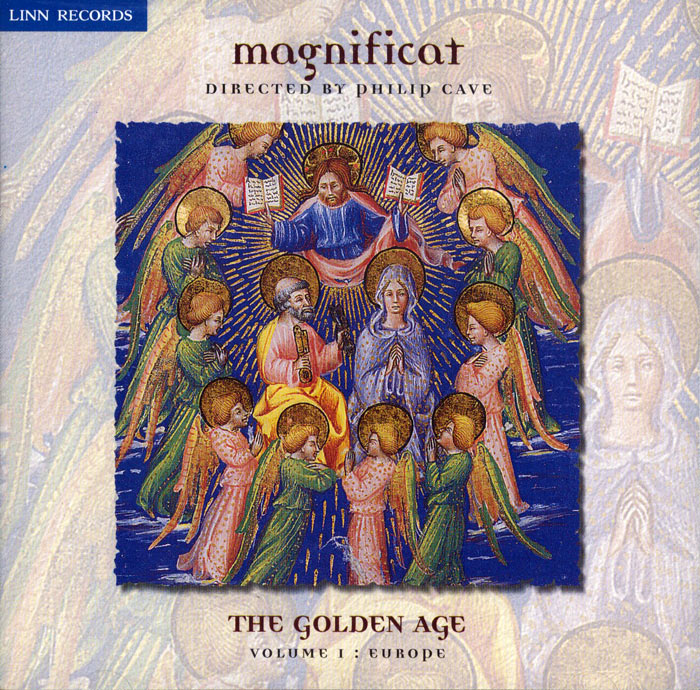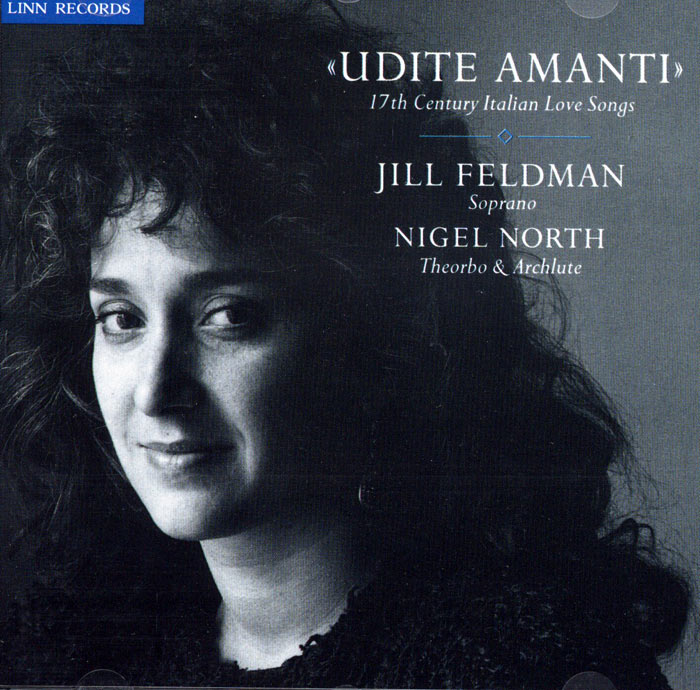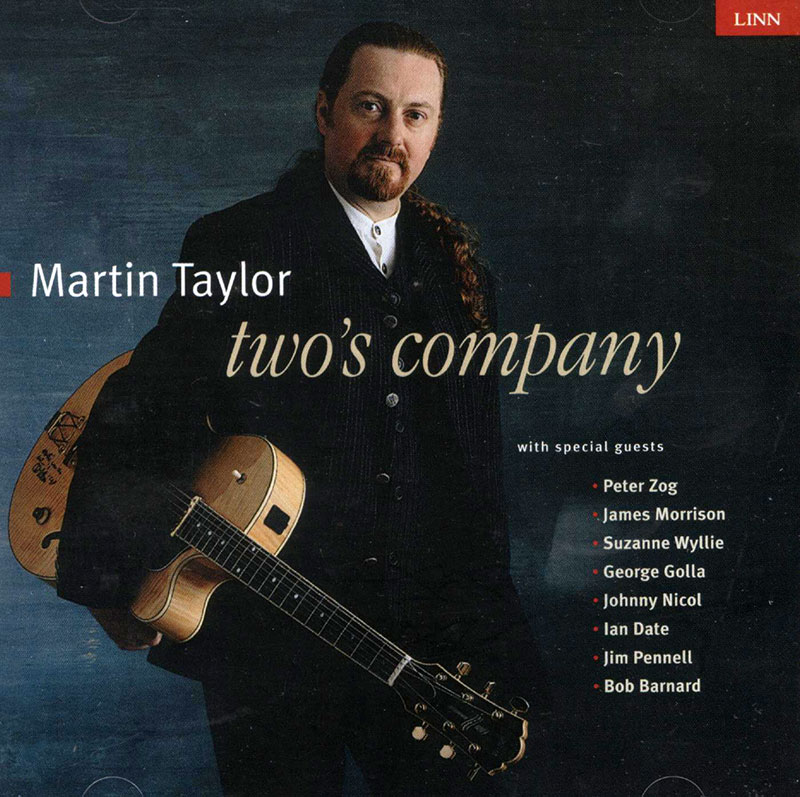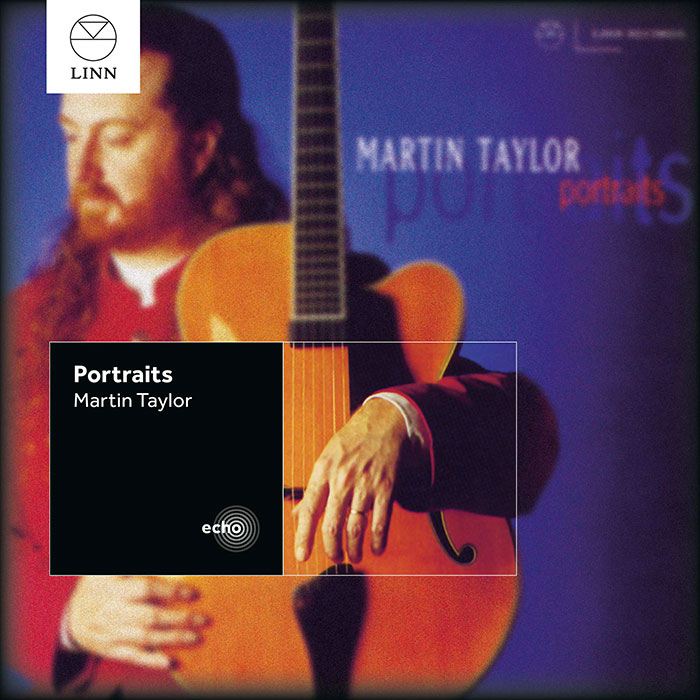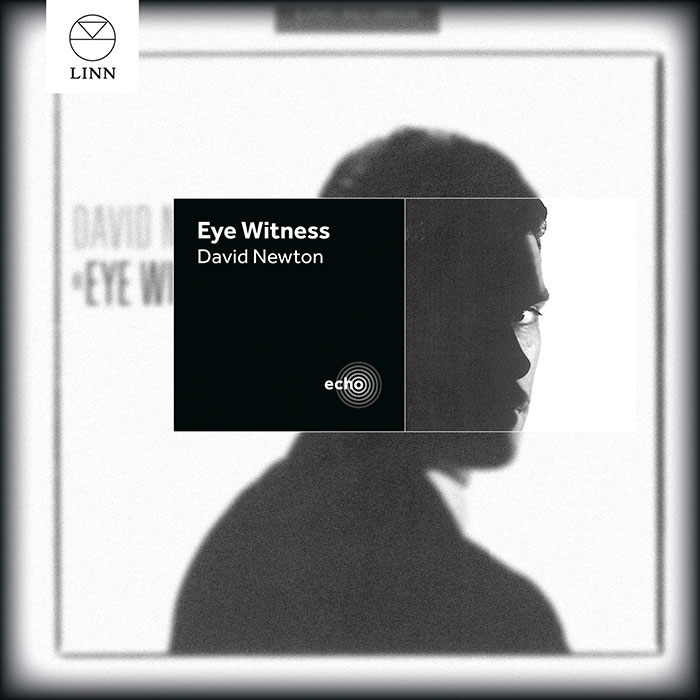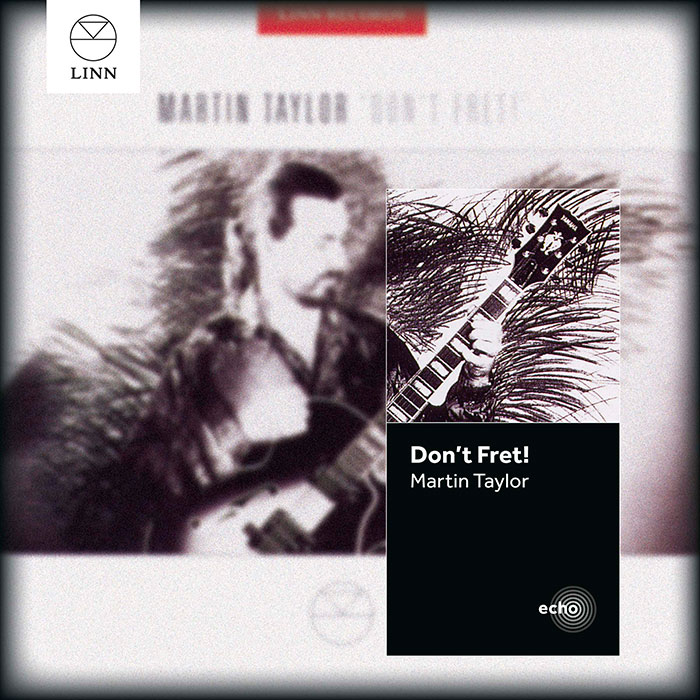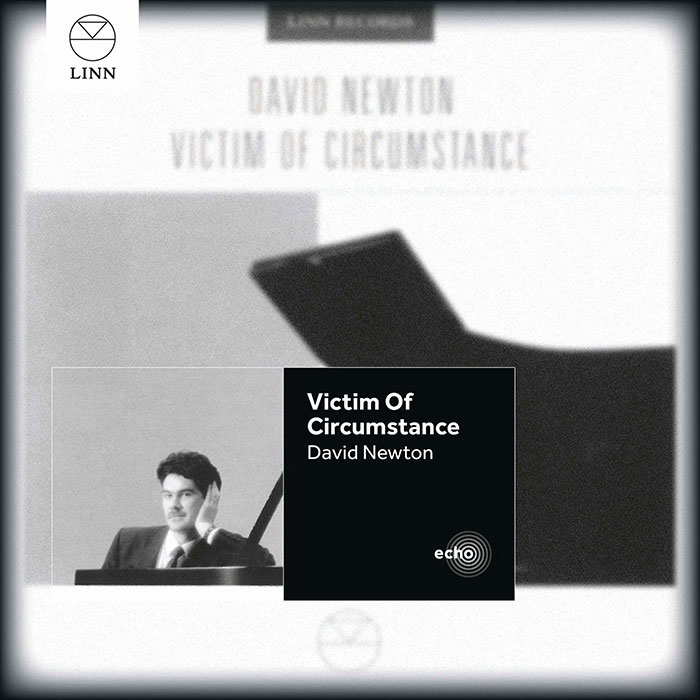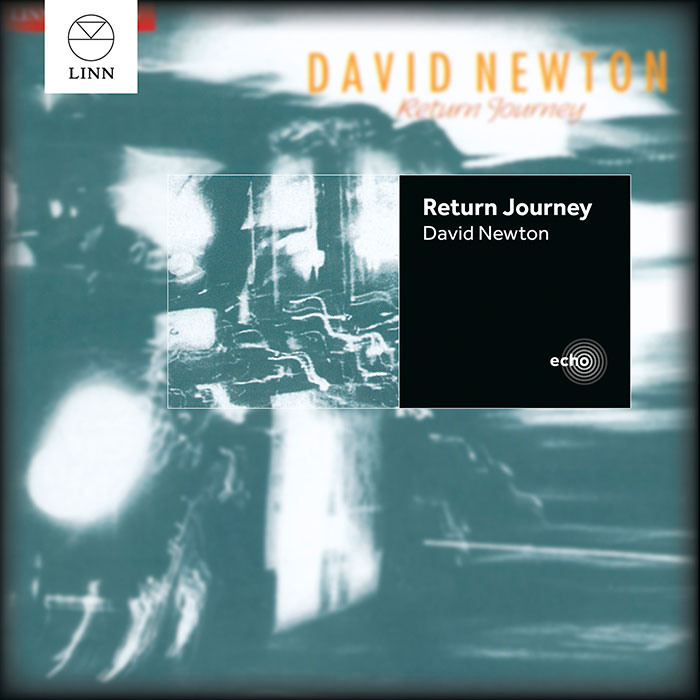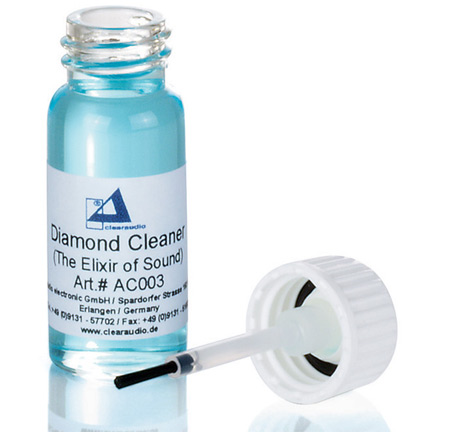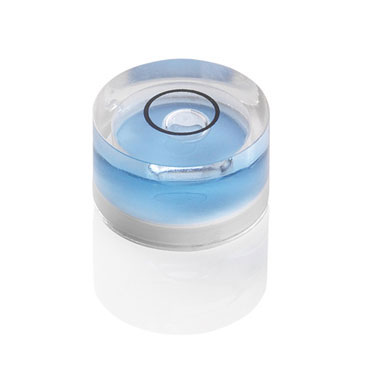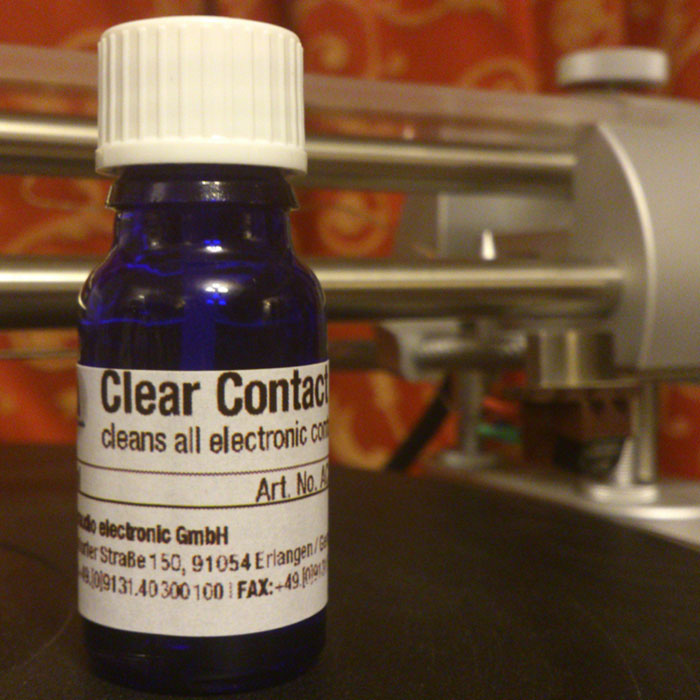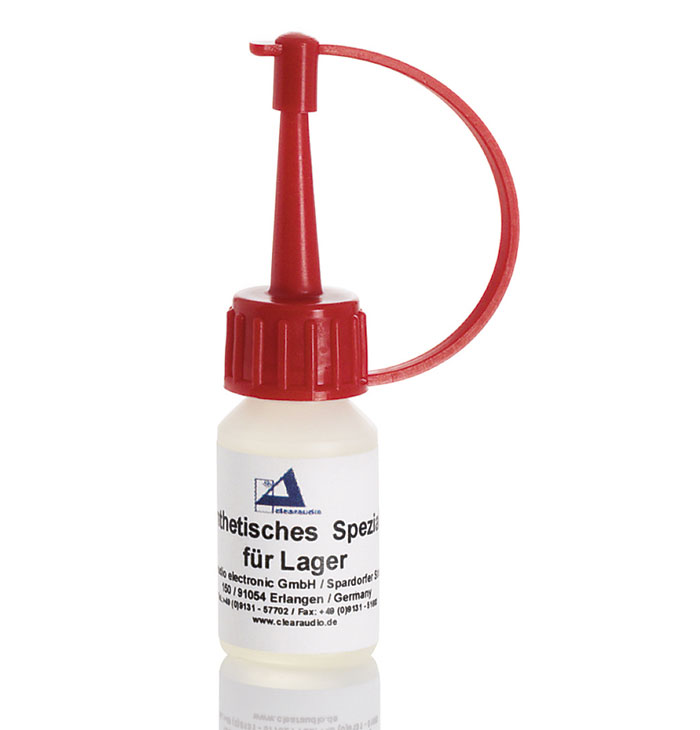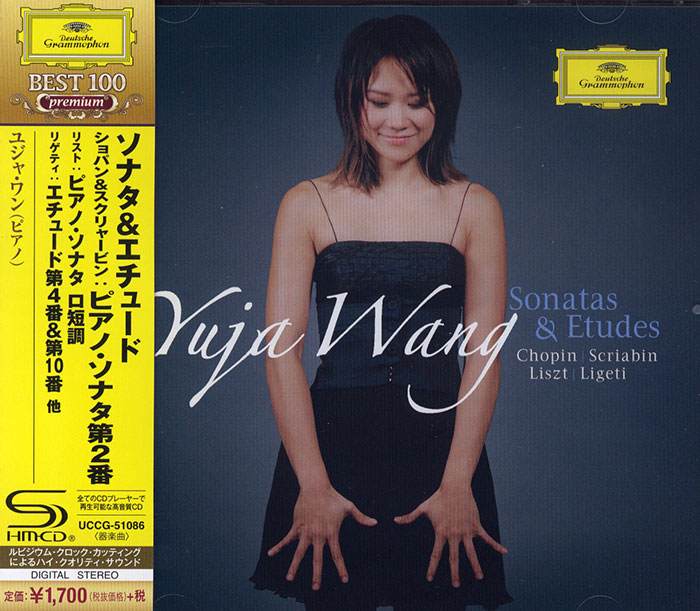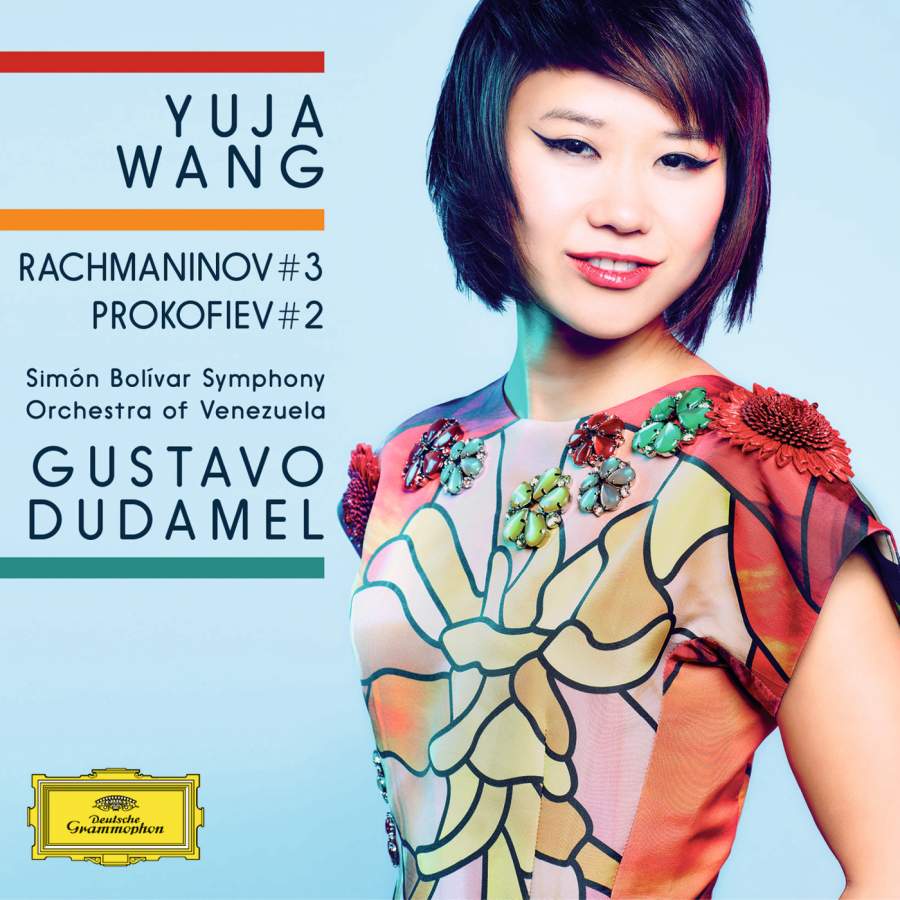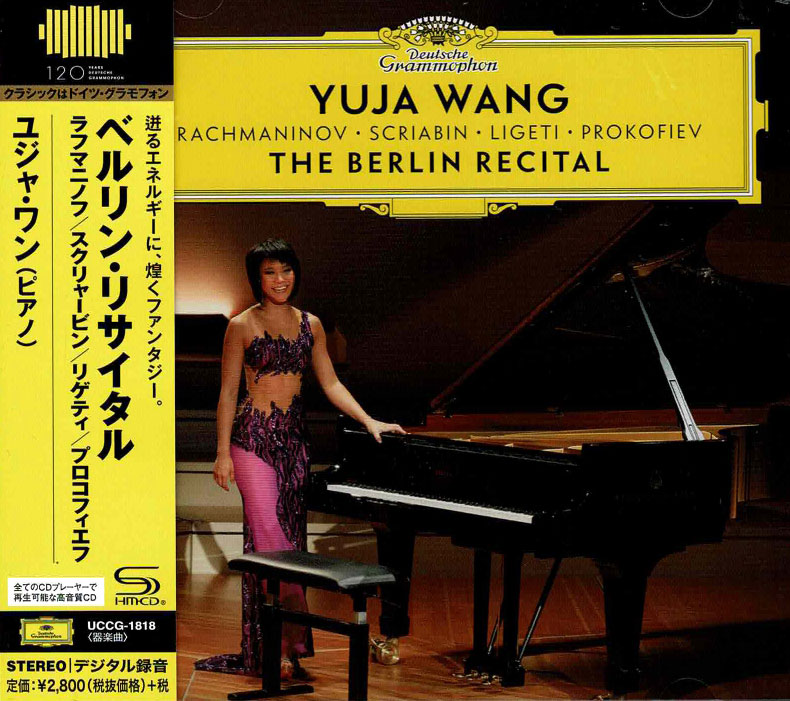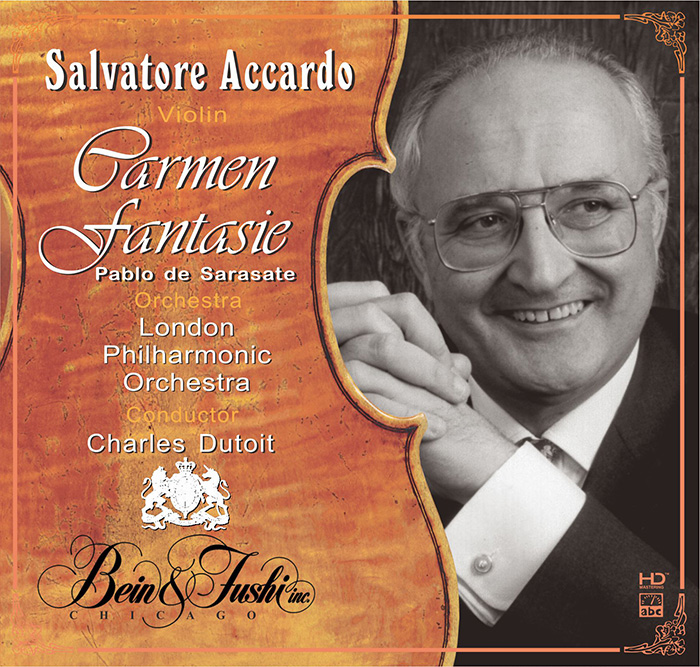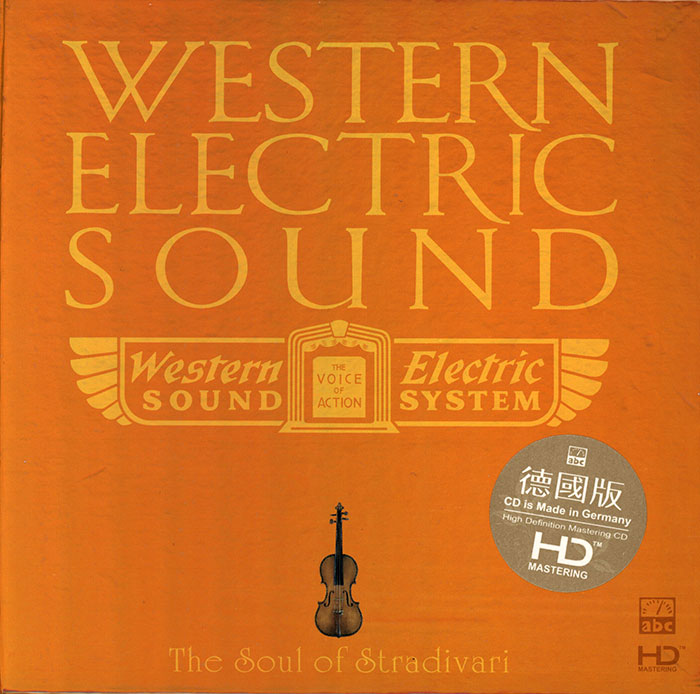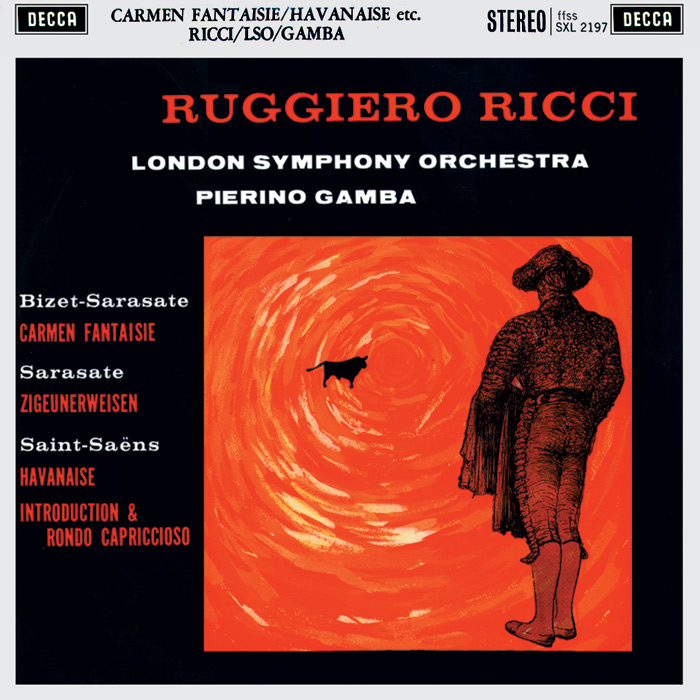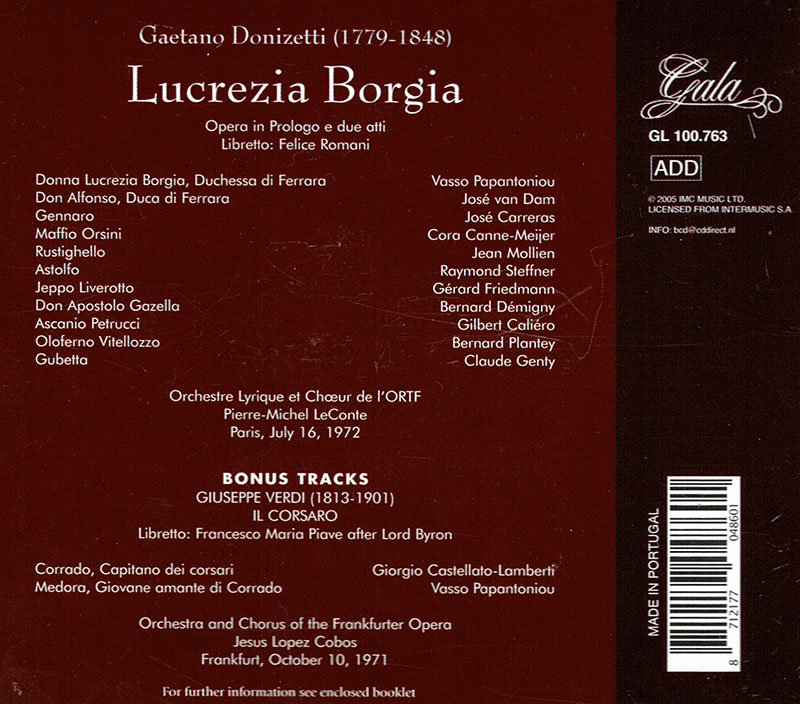Logowanie
Najbardziej analogowe brzmienie na CD - XRCD!
LINN Records - Delikatesy!
Winylowy niezbędnik
ClearAudio
Elixir of Sound
Nowa, jeszcze bardziej skuteczna receptura! Najlepszy na rynku płyn do igieł gramofonowych
ClearAudio
Poziomica gramofonowa - Dosenlibelle - Precision Bubble Level
Pierwszy i najważniejszy przyrząd do właściwej regulacji toru gramofonowego.
Osobowości
SAMPLER HD-Mastering CD, Salvatore Accardo, Charles Dutoit, London Philharmonic Orchestra
Magic Violin
AAD is a Digital Copy Of
The Master Tape
SAMPLER HD-Mastering CD, SARASATE, PAGANINI, Salvatore Accardo, Charles Dutoit, London Philharmonic Orchestra
Carmen Fantasie / Zigeunerweisen / La Campanella / Il Carnevale di Venezia
AAD is a Digital Copy Of
The Master Tape
SAMPLER HD-Mastering CD, VIVALDI, SAINT-SAENS, MASSENET, Ruggiero Ricci, Malcolm Howard
The Soul of Stradivari
AAD is a Digital Copy Of
The Master Tape
BIZET, Ruggiero Ricci, Pierino Gamba
Carmen Fantaisie / Zigeunerweisen / Havanaise
CZY DŹWIĘK MOŻE BYĆ CICHSZY OD CISZY?
DONIZETTI, Jose Carreras, Jose van Damm, Vasso Papantoniou, National Orchestra of l'ORTF, Pierre-Michel LeConte
Lucrezia Borgia
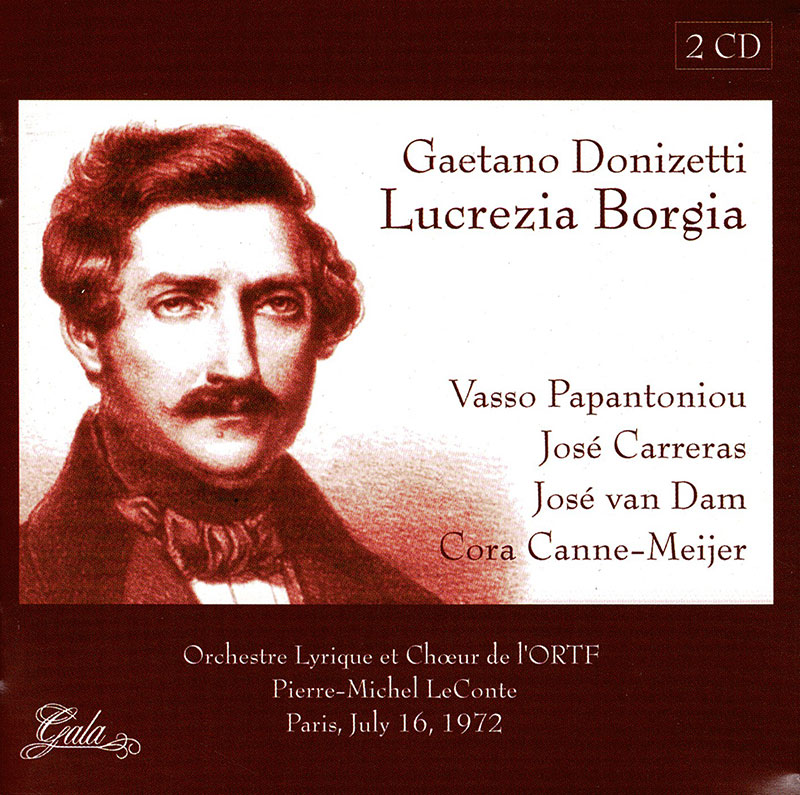
Ralph Moore TOP 1000 REVIEWER 5.0 out of 5 stars A little-known soprano of real distinction and the young Carreras August 31, 2014 I am indebted to the previous reviewer, Shaun Greenleaf, for tipping me off about this live recording from Paris in 1972. It has two main attraction: the chance to hear a very young - 25 years old, in fact - José Carreras at the outset of his career and, more importantly, I think, the opportunity to hear Vasso Papantoniou, an excellent soprano largely unknown outside her native Greece where she has made her career and who at times sounds uncannily like her compatriot, Maria Callas, especially in the middle of her voice and in her deployment of highly expressive downward portamenti. Her vibrato is faster and, like Callas, top notes can be shrill, be she is a complete artist who obviously impressed the Parisian audience. To hear her at her best either her opening or closing aria will do; listen to her from "M'odi, ah! mo'di" to the end of the opera, where she opts to use the virtuoso aria Donizetti wrote especially for diva Henriette Méric-Lelande and very good she is too. Carreras is good but less impressive; he tires by the time of his duet with Orsini in the middle of Act II, perhaps because he starts off over-singing with very open tone and sounding rather "shouty". He has yet to acquire the honeyed timbre we associate with him in fresher voice a little later in his early career and at first I thought he sounded like an off-form Jaime Aragall. He is good, but not yet the artist we know from the late 70's. However, there are other bonuses: another great artist, José van Dam, at only 31 - sounding more of a light bass-baritone and not really the rich bass the role of Don Alfonso demands but nonetheless singing beautifully; secondly we hear another established house artist who never had a big international career in Dutch mezzo-soprano Cora Canne-Meijer, singing wonderfully in a demanding part of Orsino, with a rich lower register and plenty of volume, decorating the second verse of her show-stopping "Il segreto per esser felici" very adventurously. The comprimario singers are fair to middling, the conducting, ensemble and orchestral playing all very good, the sound excellent for a live recording over forty years old. Furthermore, Gala typically gives a very worthwhile bonus in Papantoniou's Medora in "Il corsair", partnered by the vibrant Italian tenor Giorgio Catellato-Lamberti. The thin top notes notwithstanding, she was - still is, in Athens - quite an artist. I continue to wonder why Gala package two-disc sets in clunky double cases when they and the notes with synopsis fit easily into a slimline case - which is what I always do to save shelf space. P.S. ensure you get the cheaper issue on sale in both the UK and the US, not the expensive import.
